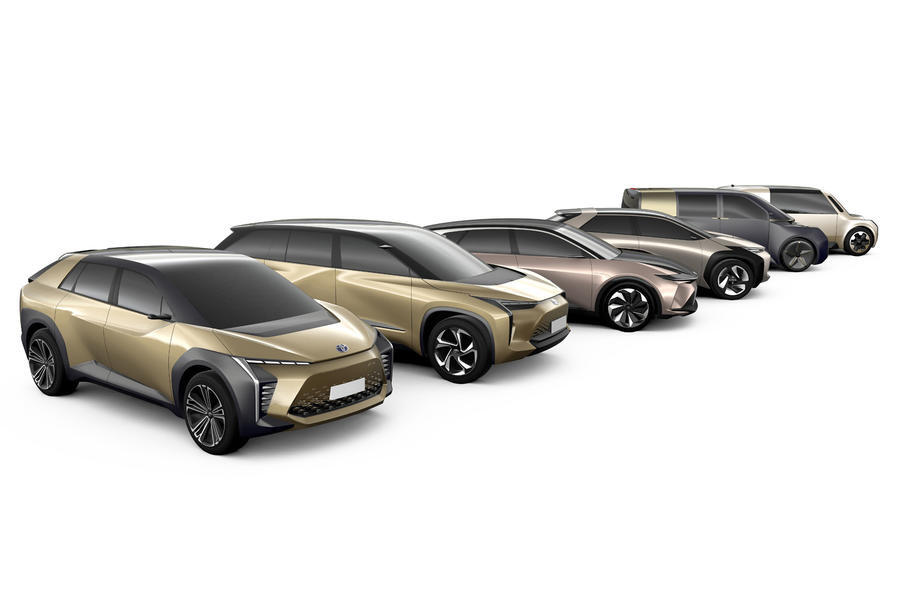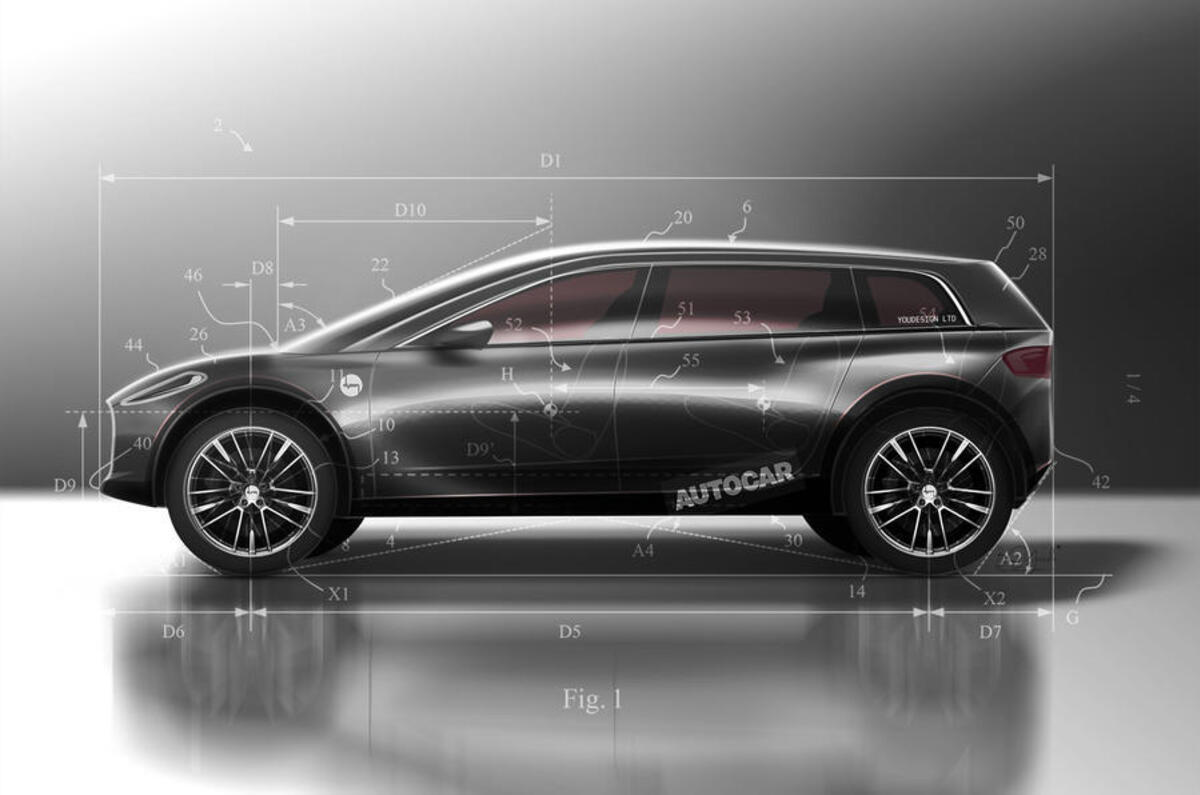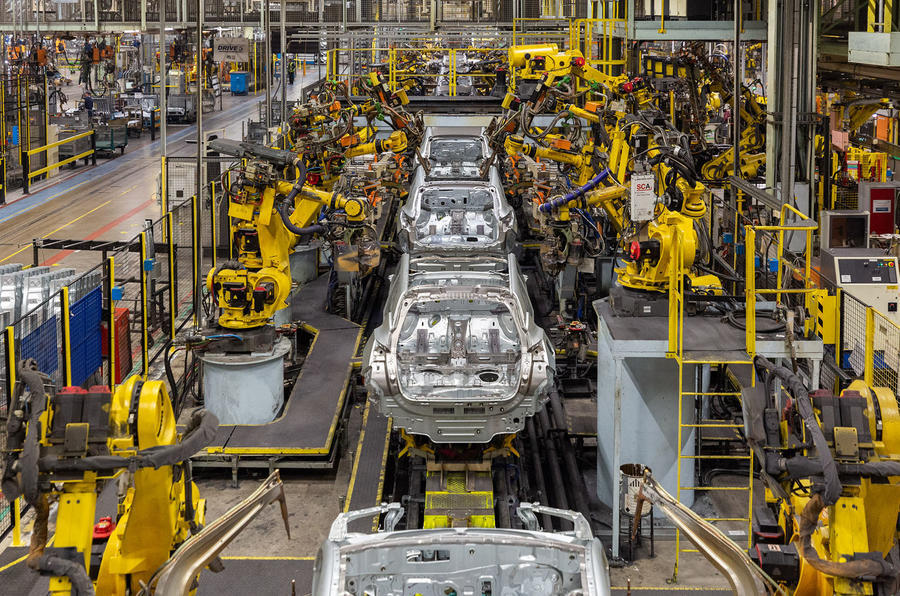Yesterday, Dyson dropped the bombshell news it is canning its car project because it isn't financially viable.
Yes, there had been long-term doubters, unimpressed by Dyson’s financial commitment to the project and disbelieving that James Dyson and his team of 500 or so engineers could realise something that tens of thousands of brains at established car makers couldn’t, even while spending budgets 10 times the size of his.
But this was James Dyson, a man who has amassed a personal fortune of billions through being smarter than most, and by taking engineering prowess and marketing genius and wrapping it up into products that change industries.
Now, we know the reality, albeit with one crucial missing detail: why? What led Dyson to conclude - around a year from the first car going into production and 18 months from the car going on sale - that the project was no longer financially viable?
Here are three theories put forward by experts Autocar has spoken to since the announcement.

1. The battery tech wasn’t delivering the anticipated results
It was never going to be enough for Dyson to produce a car-like electric car - 300-mile range, conventional design and so on. That moment has passed, with only Tesla breaking through in the Western world and the Chinese makers that are going to win now long established. So whatever Dyson did, it needed to change the game.
James Dyson isn’t a man to give big clues, but his interviews hinted at a battery technology breakthrough, likely focused on solid-state batteries, which hold the promise of dramatically increasing range and lowering charge times all at dramatically lower prices.
Had he bet the farm on making such a breakthrough happen, only to find it harder than expected? Other car companies say that they have had such batteries on test beds for years, but cannot find a way to make productionising them reliably financially viable. Perhaps Dyson hit the same problems.






Join the debate
Add your comment
Yeah, simple..
The big boys caught up, it was said in the first few lines....
Just stick to your vacuum
@Lambo
Have you forgotten elon saying that without the help they got from mercedes, they could never have done it?
Mecedes never thought for a
Mecedes never thought for a moment that this startup would become the company its become.
You honestly thought they would have if they knew it would change the automotive world the way it has and also Mecedes business model.
Elon is diplomatic and eloquent when he needs to be